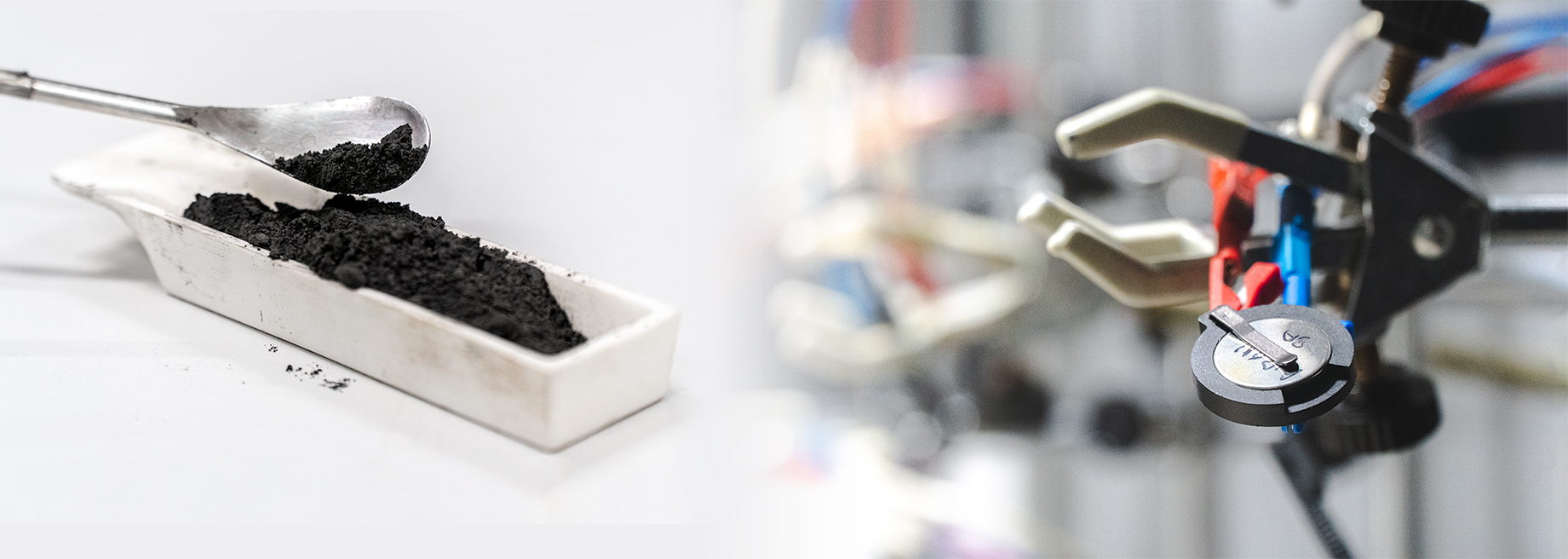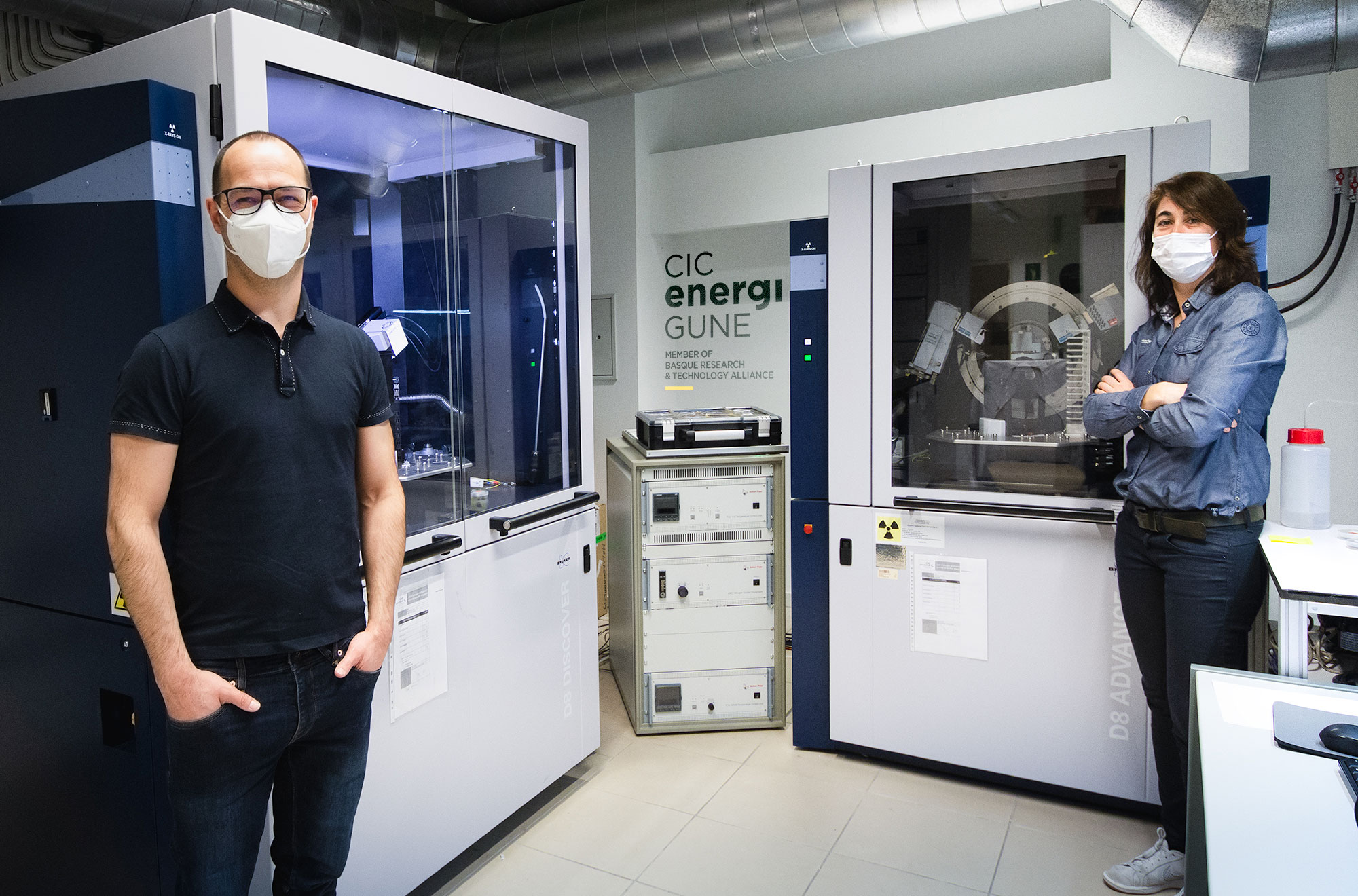CIC energiGUNE, the Basque research center of reference in battery storage, thermal energy solutions, and hydrogen, and member of the Basque Research & Technology Alliance-BRTA, has initiated the phase of study and identification of new materials that will contribute to the development of Sodium-ion (Na-ion) batteries, whose technology is shaping up to be the most sustainable and safest alternative compared to the current model based on lithium-ion (Li-ion).
This work is framed within the NIB-MOVE project, promoted jointly by CIC energiGUNE and UPV/EHU (University of the Basque Country) under the coordination of the latter, and is entirely financed by the Ministry of Science and Innovation inside the call “Retos I+D+I 2019” (R&D&I challenges) (Ref: PID2019-107468RB-C22). In this sense, NIB-MOVE emerges as a specific sub-project of a larger project, named UMANA, which pursues the identification of materials for the next generation technologies of electrochemical energy storage based on sodium.
The task of CIC energiGUNE in this field is especially relevant, as it appears on the Top 5 of companies and centers that register more patents for batteries –in the field of Na-ion technology- inside the study “Development of the technology of 2020 batteries” carried out by the European Commission.
Inside CIC energiGUNE, the project is led by Montse Galcerán and Damien Saurel and its specific objective is to analyze, validate and optimize these materials. In particular, new materials will be developed –cathodes, anodes and electrolytes- and the ones with the highest performance will be optimized in order to contribute to the development of sodium-ion batteries that are competitive in front of the lithium-ion ones in terms of cost, security and environmental impact.
It is a multidisciplinary research, in which special attention will be paid to the exhaustive characterization of the materials, including the composition, structure and microstructure, which will allow a complete understanding of the processes of energy storage, as well as their possible source of performance limitation and determining possible mitigation strategies oriented toward the development of concept tests.
Furthermore, this work will make possible determining the key structural processes for the electrochemical performance, understanding the limitation of the studied materials and defining strategies for their improvement, with which a door will open to obtaining a significant impact on society through the transference of the results to the industry in a field as key as is energy storage. In fact, Na-ion technology is considered to be a key tool in making the definitive leap towards electric networks fed with renewable energies and zero-emission transport.
Finally, the proposal will also contribute to giving solutions to the necessities of challenge 3 “Safe, efficient and clean energy” of the Spanish strategy of Science and technology; and will be aligned with the European initiatives such as the BATTERY 2030+ and with the regional strategy RIS3 (Research and Innovation Smart Specialization Strategy) of the Basque Government.





